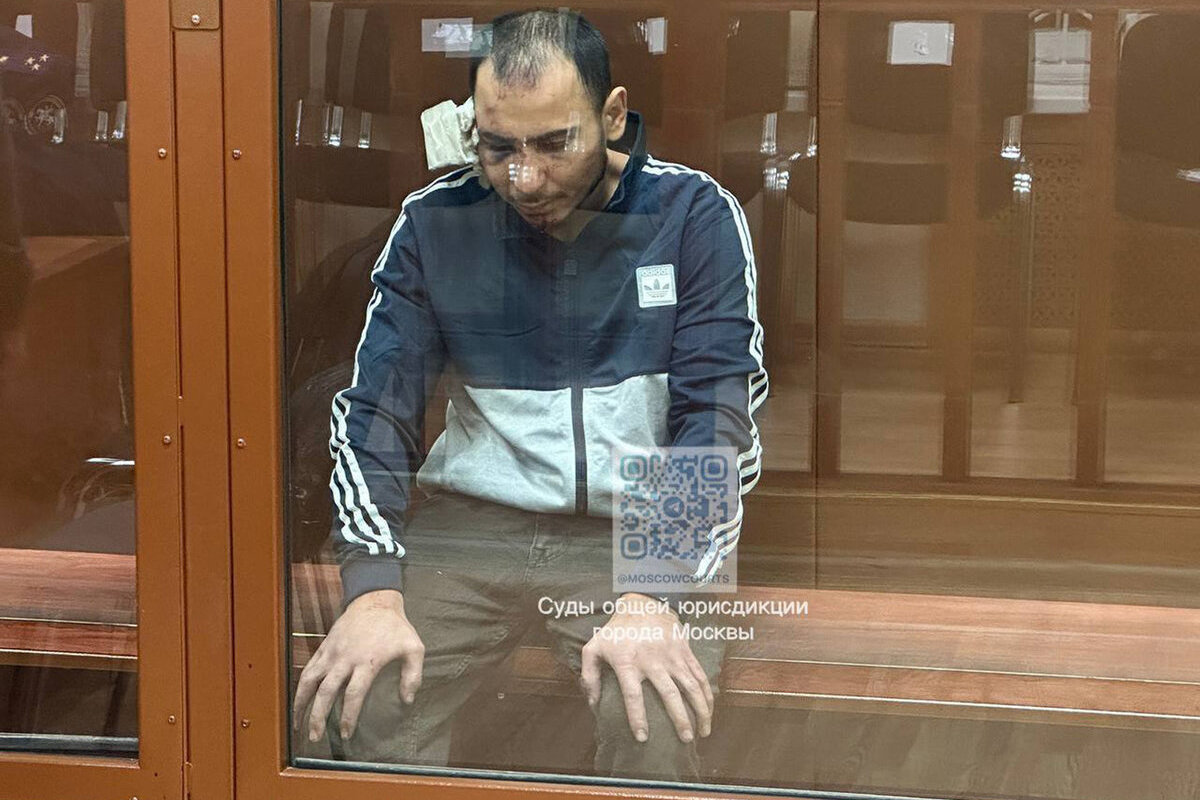The lawyer explained why lawyers defend Crocus terrorists: “They have no choice”
[ad_1]

The attack at Crocus City Hall shocked the entire Russian public. The concert hall in Krasnogorsk near Moscow was attacked on the evening of March 22: four armed terrorists entered the building and began opening fire on visitors, and then started fires at several points. 139 people were killed, including children, and hundreds more were injured.
The detained terrorists were charged under the article of a terrorist act with the death of people, and on Sunday, March 24, the Basmanny Court sent them into custody for two months. In accordance with this article, they face life imprisonment.
No lawyer agreed to defend the accused voluntarily, so the state appointed its own defense.
However, soon after the trial began, the lawyers faced threats to both themselves and their families. The threats demanded that the defense of the accused be stopped. This was reported by Eva Merkacheva, a member of the Human Rights Council under the President of the Russian Federation, noting that the lawyers were assigned to defend the accused as those on duty that day and had no choice.
Yulia Dubinina, a lawyer with 16 years of experience and a blogger with an audience of millions, explained to KP journalists why the duty lawyers began to defend terrorists. According to her, the first and foremost factor is that, by law, appointed defense attorneys cannot withdraw from a case, otherwise they risk losing their status as a lawyer. However, there are other important points:
According to the Criminal Procedure Code of the Russian Federation, the participation of the defense is mandatory when conducting investigative measures with the accused or suspect. If there is no lawyer, then the protocol of such events will be considered inadmissible evidence. This applies to any stages, from interrogation to familiarization with the expert’s report. Consequently, without the participation of a lawyer, the court has no right to consider a criminal case.
Thus, the lawyer acts not only as a defender aimed at preventing punishment, but also as a necessary participant in the criminal process, ensuring compliance with the procedural rights of the accused. His task is to ensure that the accused is explained his rights, all actions of the investigator are correctly documented, violence is not used during interrogation, etc. Otherwise, the court cannot consider the criminal case.
And insisting that a lawyer refuse to defend terrorists is, in essence, no matter how paradoxical it may sound, a demand for freedom for criminals.
Yulia Dubinina explained why one of the lawyers allegedly asked for the release of his client on his own recognizance. In general, it is not a fact that such a request was made, since the trial was held behind closed doors.
“We have a code of professional ethics that prohibits acting to the detriment of the interests of the client. Even if a lawyer believes that his client should remain in custody, he must say that he should be released. Otherwise, he will violate the Law on Advocacy,” the lawyer explained.
A lawyer who commits such a violation may be subject to disciplinary action, including disbarment.
Thus, the appointed defenders cannot be accused of assisting terrorists. Russia is a legal state, and all procedures must be followed so that in the future no one can object to the trial, pointing out its incorrectness and injustice, including with regard to the arrest of the accused.
[ad_2]
Source link








